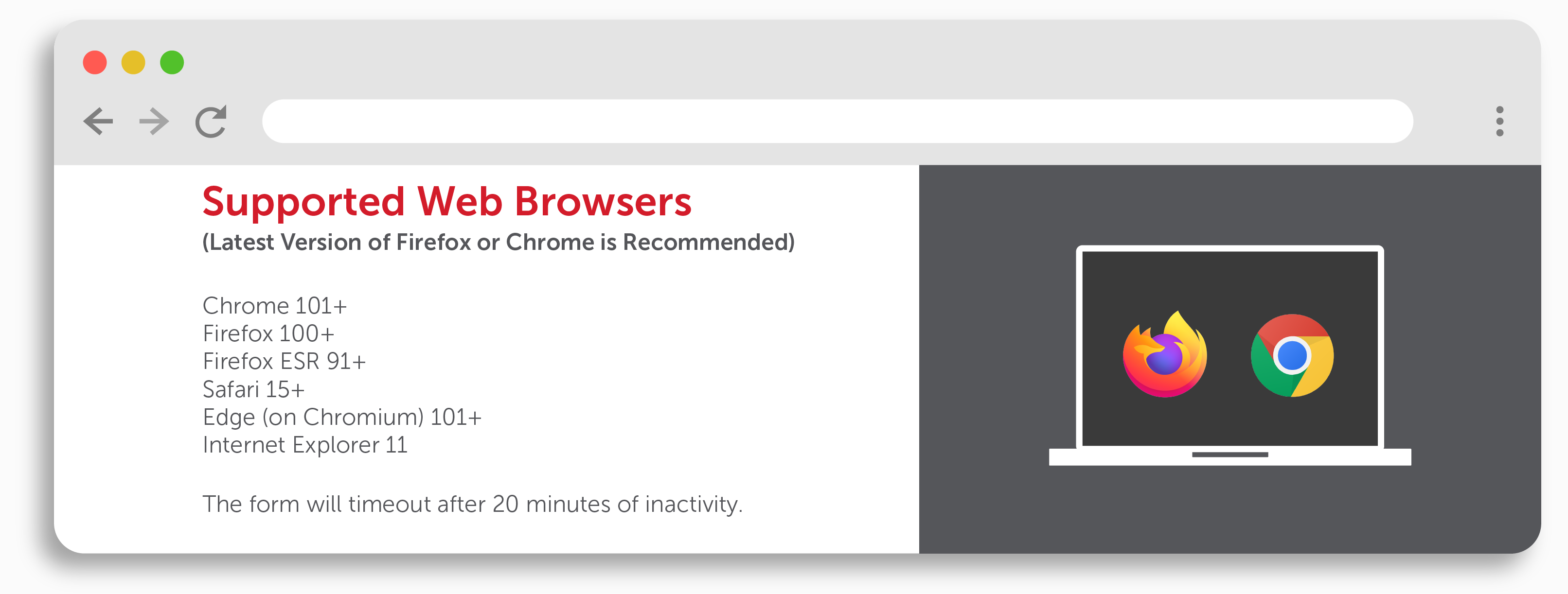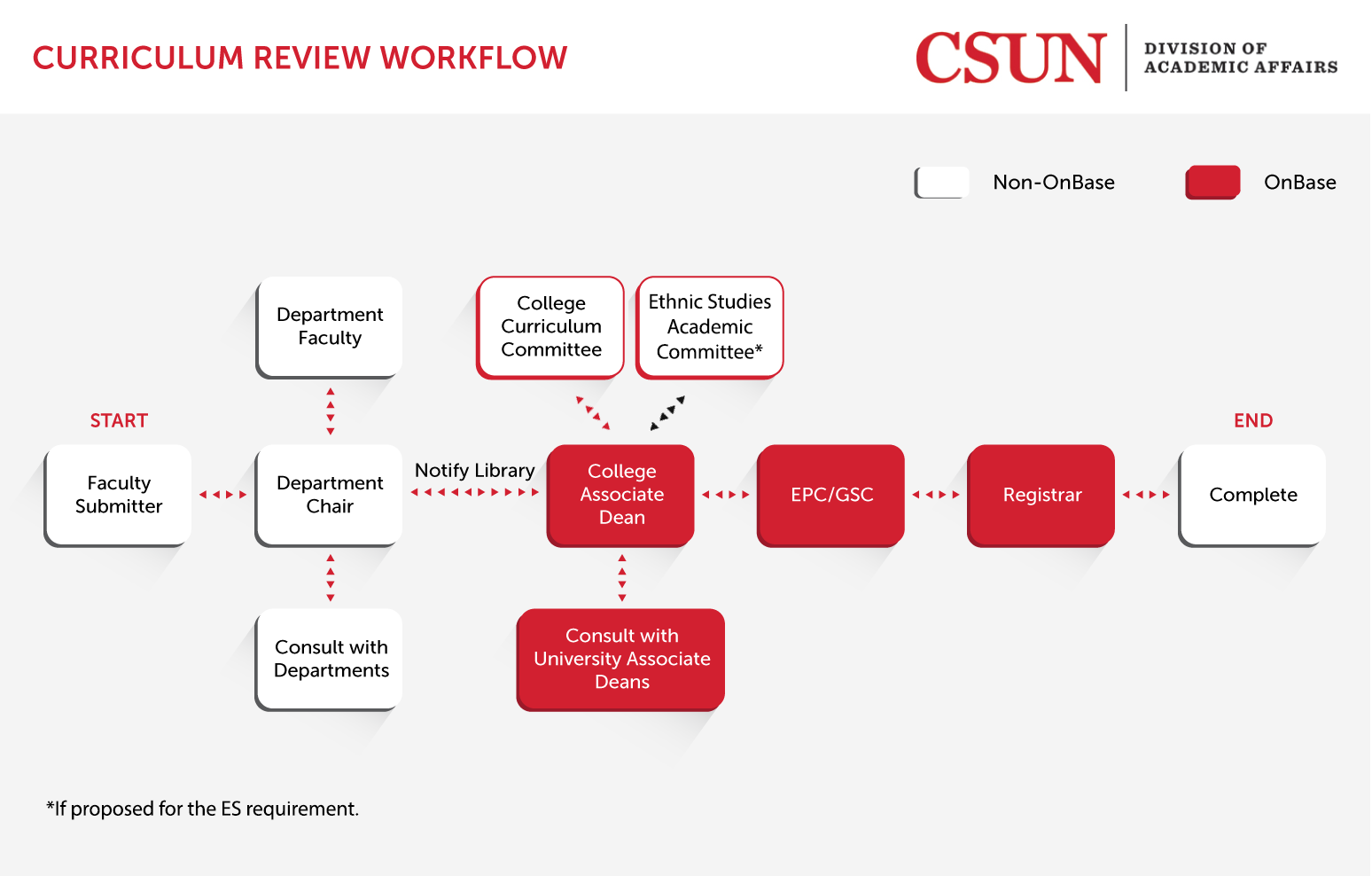| David Nazarian College of Business and Economics | Accounting |
| College of Social and Behavioral Sciences | African Studies |
| College of Social and Behavioral Sciences | Africana Studies |
| College of Humanities | American Indian Studies |
| College of Social and Behavioral Sciences | Anthropology |
| Mike Curb College of Arts, Media, and Communication | Art |
| College of Humanities | Asian American Studies |
| College of Social and Behavioral Sciences | Asian Studies |
| College of Engineering and Computer Science | Assistive Technology Engineering |
| College of Health and Human Development | Assistive Technology Human Services |
| College of Science and Mathematics | Biology |
| David Nazarian College of Business and Economics | Business Honors |
| David Nazarian College of Business and Economics | Business Law |
| College of Social and Behavioral Sciences | California Studies |
| College of Humanities | Central American & Transborder Studies |
| College of Science and Mathematics | Chemistry/BioChem |
| College of Humanities | Chicano/a Studies |
| College of Health and Human Development | Child & Adolescent Devel |
| Mike Curb College of Arts, Media, and Communication | Cinema & TV Arts |
| College of Humanities | Civic and Community Engagement |
| College of Engineering and Computer Science | Civil Eng & Construction Mgmt |
| College of Health and Human Development | Comm Disorders & Science |
| Mike Curb College of Arts, Media, and Communication | Communication Studies |
| College of Engineering and Computer Science | Computer Science |
| College of Social and Behavioral Sciences | Criminology and Justice Studies |
| David Nazarian College of Business and Economics | DNCBE/Graduate Progs |
| David Nazarian College of Business and Economics | Economics |
| Michael D. Eisner College of Education | Education/Deaf Studies |
| Michael D. Eisner College of Education | Education/Ed Psych & Coun |
| Michael D. Eisner College of Education | Education/Elementary Ed |
| Michael D. Eisner College of Education | Education/Policy Studies |
| Michael D. Eisner College of Education | Education/Secondary Ed |
| Michael D. Eisner College of Education | Education/Special Ed |
| College of Engineering and Computer Science | Elec & Comp Engr |
| College of Humanities | English |
| College of Health and Human Development | Envir & Occup Health |
| College of Health and Human Development | Family Consumer Sciences |
| David Nazarian College of Business and Economics | Finance, Fin Plan, & Ins |
| College of Humanities | Gender and Women's Studies |
| College of Social and Behavioral Sciences | Geography & Envir Studies |
| College of Science and Mathematics | Geological Science |
| College of Health and Human Development | Health Sciences |
| College of Social and Behavioral Sciences | History |
| College of Social and Behavioral Sciences | Human Sexuality |
| College of Humanities | Humanities, Graduate Level |
| Research and Graduate Studies | Interdisciplinary Studies |
| College of Humanities | Jewish Studies |
| Mike Curb College of Arts, Media, and Communication | Journalism |
| College of Health and Human Development | Kinesiology |
| College of Humanities | Knowledge Management |
| College of Humanities | Liberal Studies |
| College of Humanities | Linguistics and TESL |
| David Nazarian College of Business and Economics | Management |
| College of Engineering and Computer Science | Manuf Sys Eng & Mgmt |
| David Nazarian College of Business and Economics | Marketing |
| College of Science and Mathematics | Mathematics |
| College of Engineering and Computer Science | Mechanical Engineering |
| College of Humanities | Middle Eastern and Islamic Studies |
| College of Humanities | Modern & Classical Lang |
| Mike Curb College of Arts, Media, and Communication | Music |
| College of Health and Human Development | Nursing |
| College of Humanities | Philosophy |
| College of Health and Human Development | Physical Therapy |
| College of Science and Mathematics | Physics & Astronomy |
| College of Social and Behavioral Sciences | Political Science |
| College of Social and Behavioral Sciences | Psychology |
| College of Social and Behavioral Sciences | Public Administration |
| College of Social and Behavioral Sciences | Public Policy |
| College of Social and Behavioral Sciences | Public Sector Management |
| College of Humanities | Queer Studies |
| College of Health and Human Development | Recreation & Tourism Mgmt |
| College of Humanities | Religious Studies |
| College of Social and Behavioral Sciences | Social Work |
| College of Social and Behavioral Sciences | Sociology |
| David Nazarian College of Business and Economics | Systems & Operations Mgmt |
| Mike Curb College of Arts, Media, and Communication | Theatre |
| Undergraduate Studies | Undergraduate Studies |
| College of Social and Behavioral Sciences | Urban Studies & Planning |





